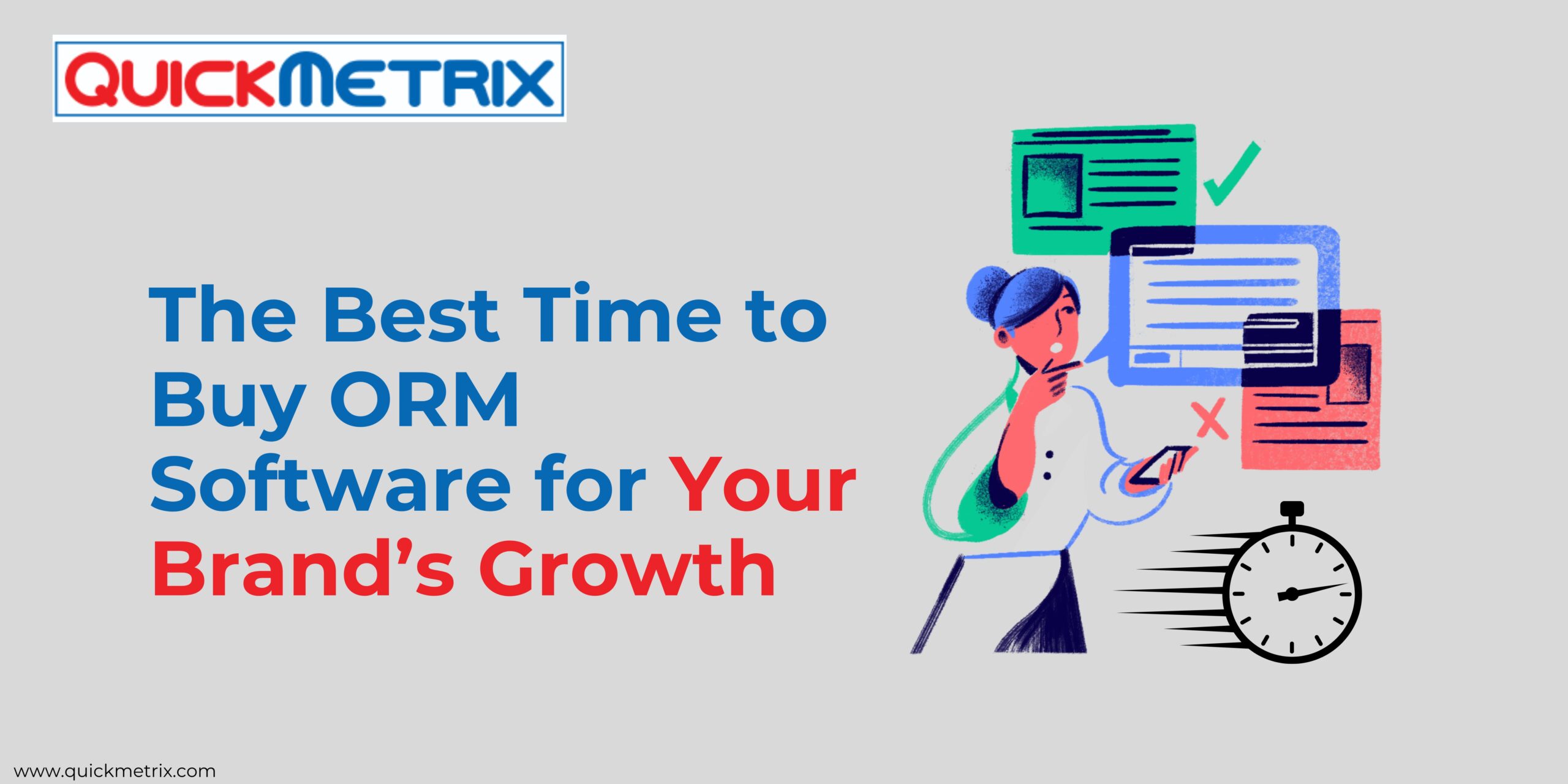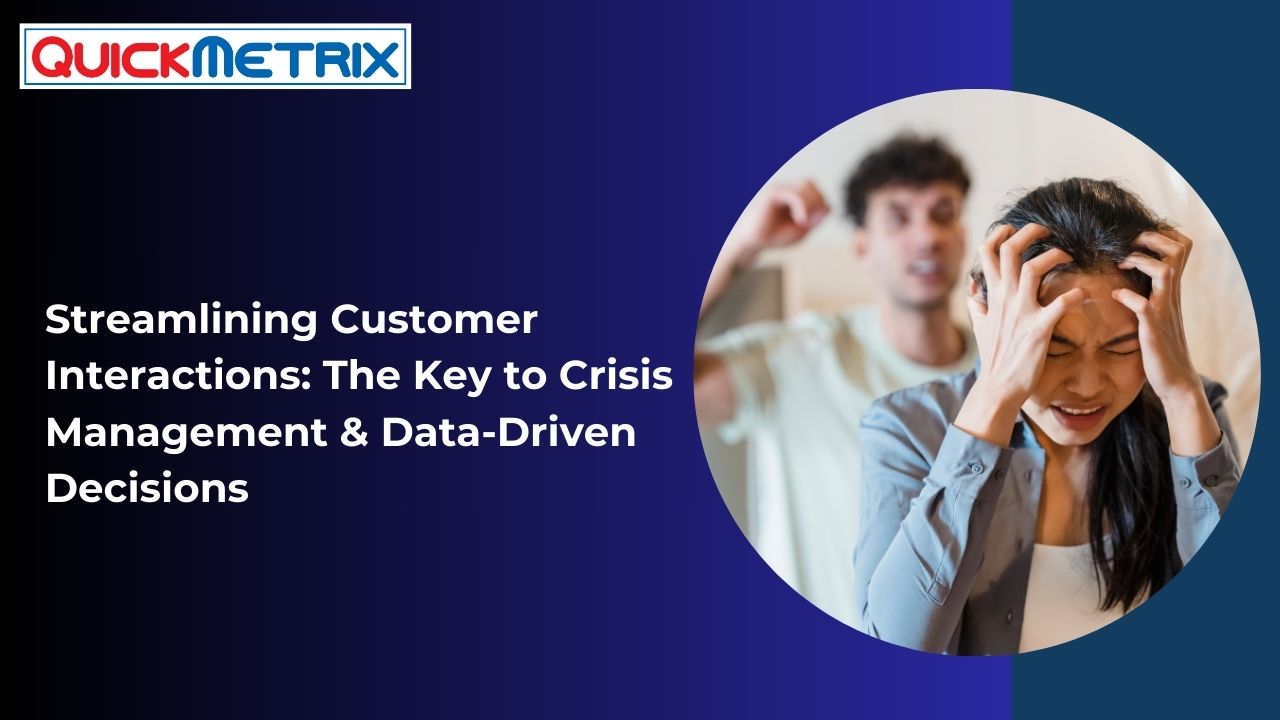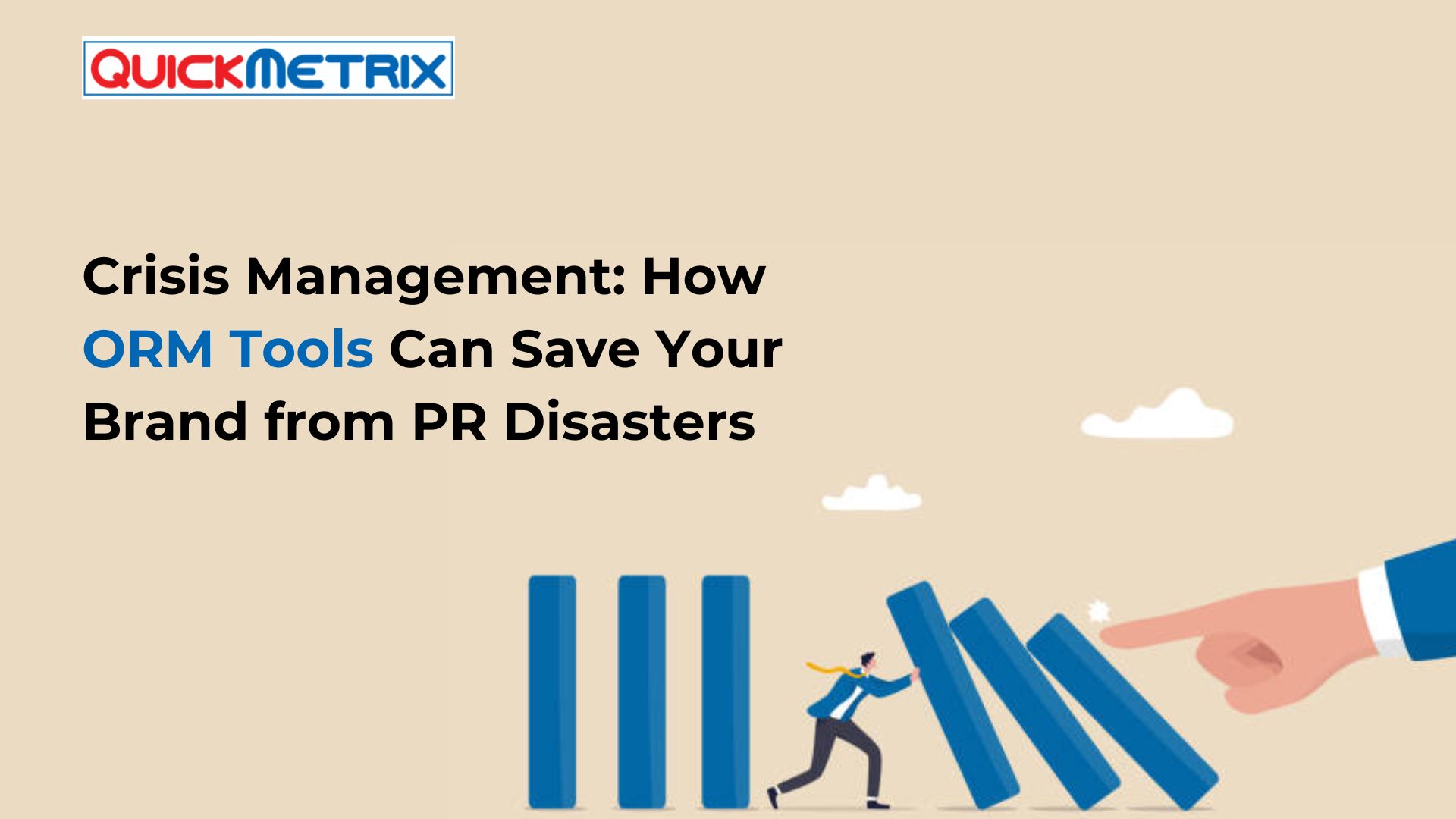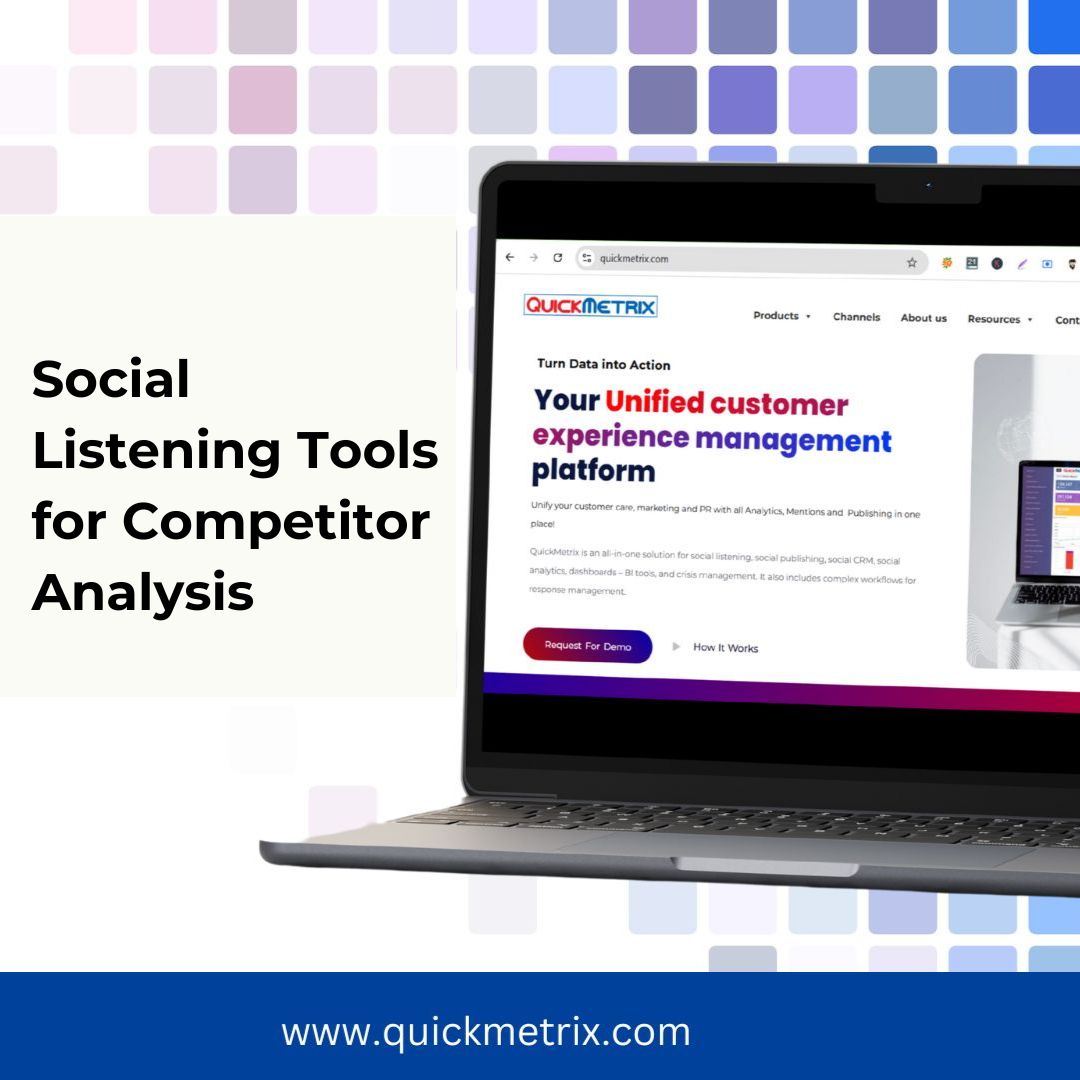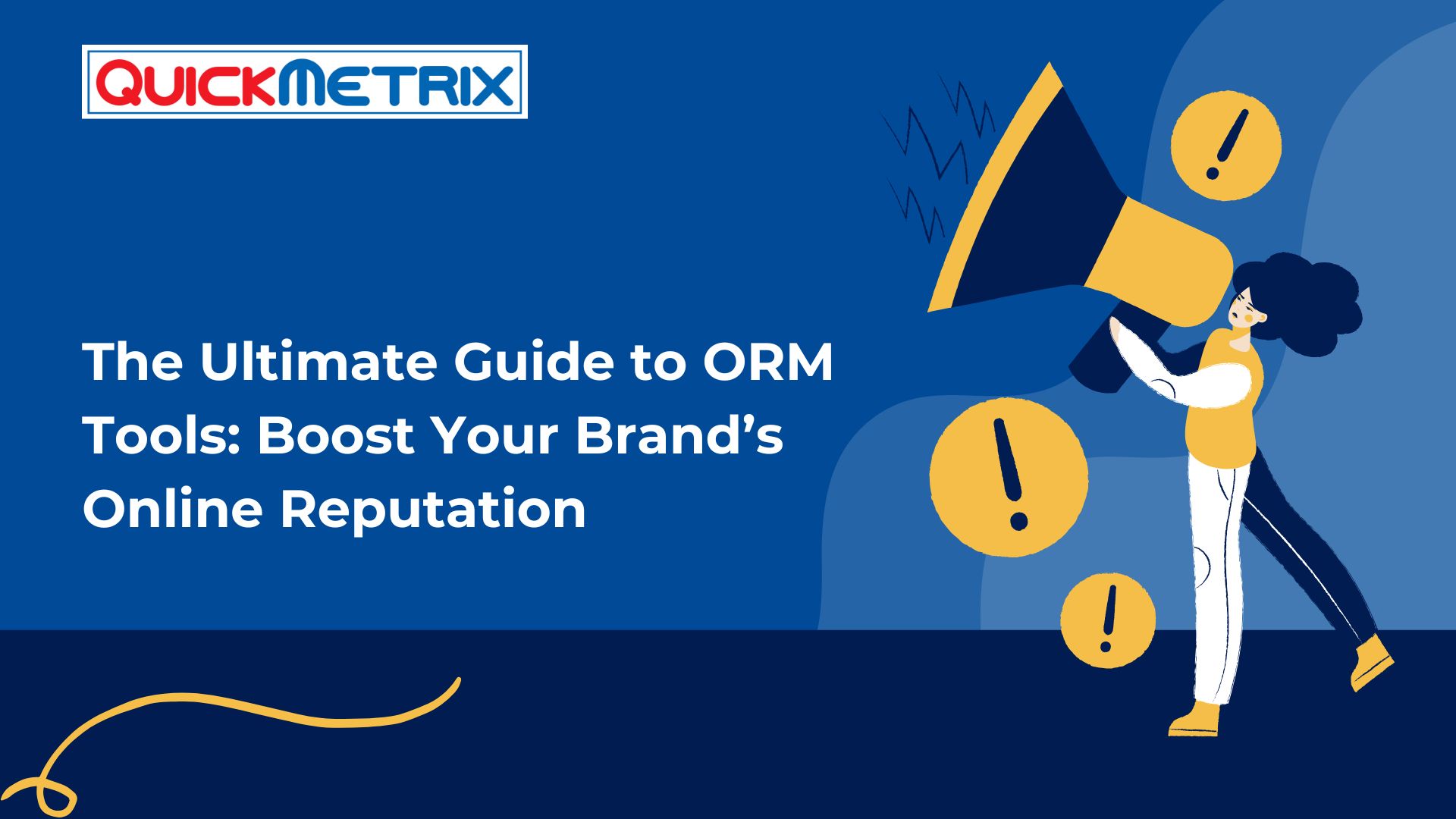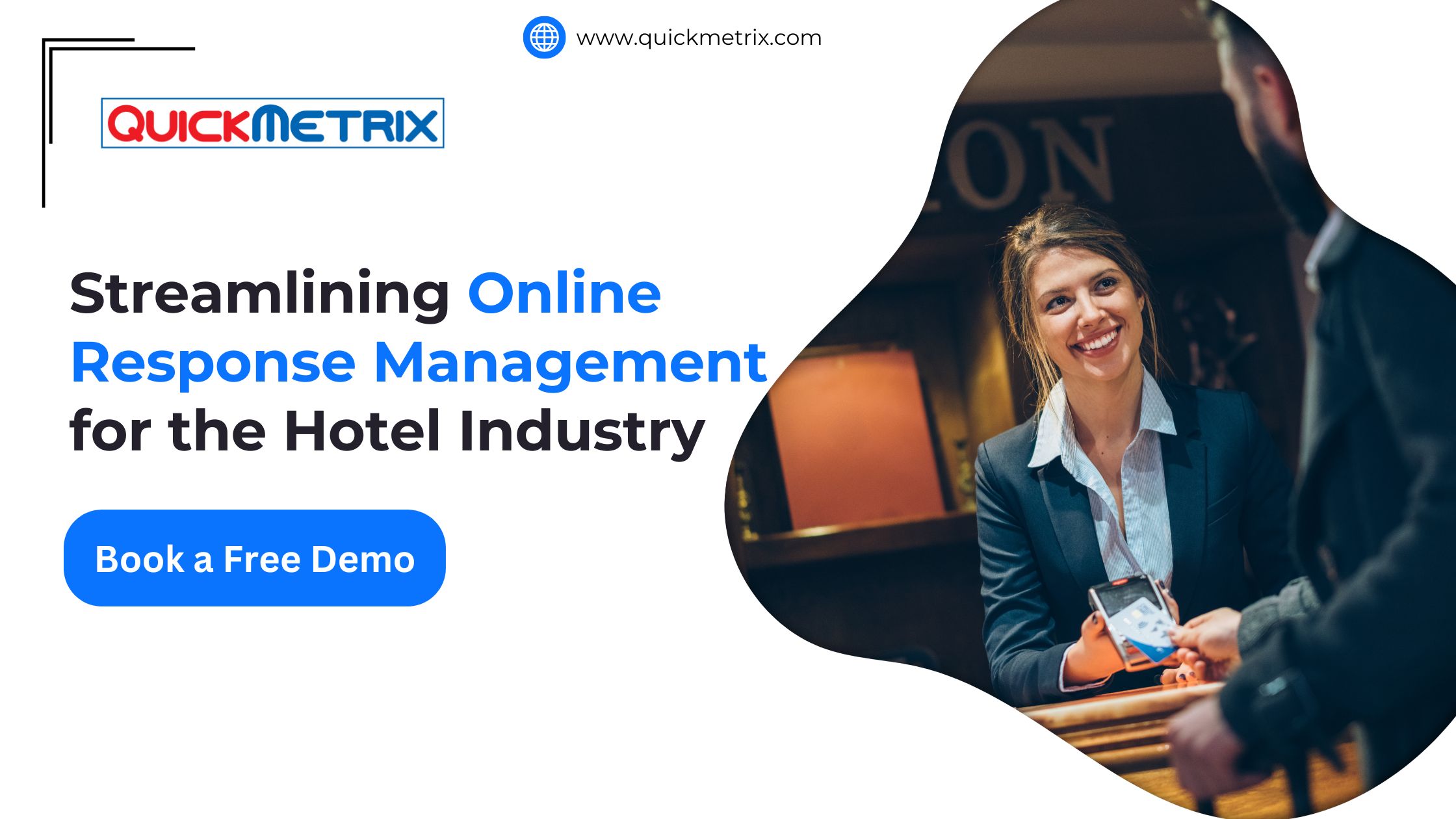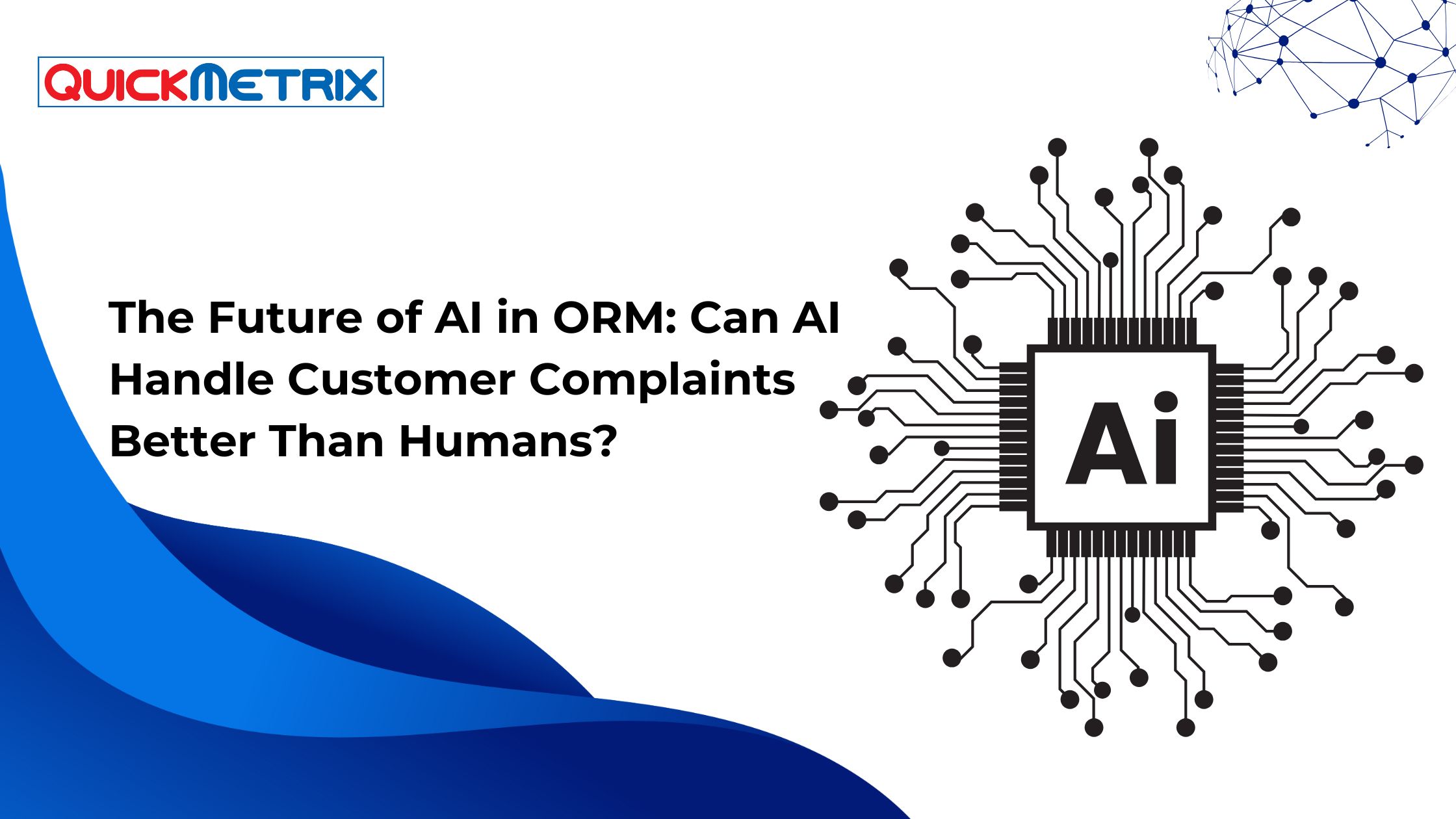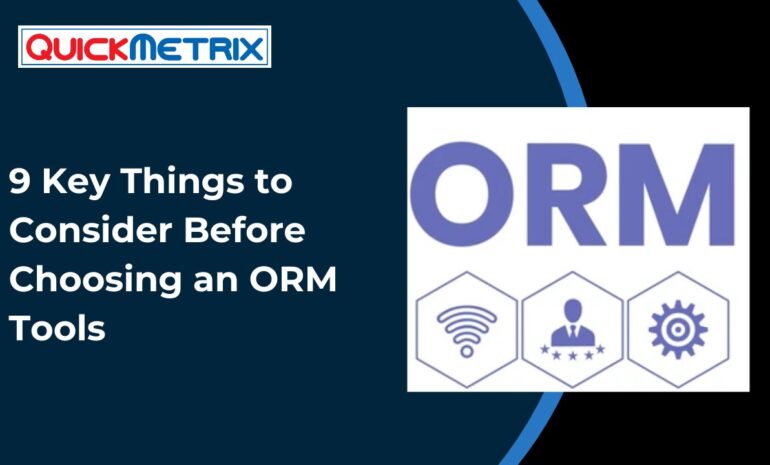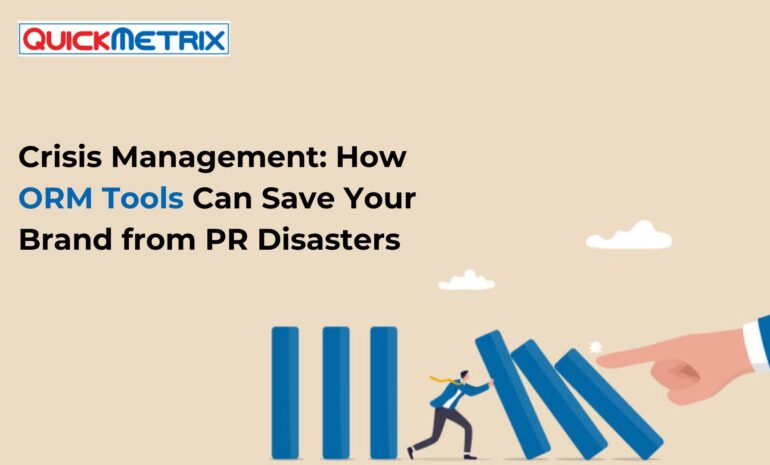The Best Time to Buy ORM Software for Your Brand’s Growth
Understanding Online Reputation Management (ORM)
A Definition of ORM
Online Reputation Management (ORM) refers to the practice of monitoring and influencing your brand’s online presence. It involves managing how people perceive your business on the internet. This can include everything from responding to customer reviews to shaping content that appears in search engine results and social media.
Importance of ORM for Brands
ORM is crucial for brands in today’s digital landscape. A positive online image can lead to increased customer trust, better sales, and stronger brand loyalty. On the flip side, negative reviews or bad press can significantly harm your business. Effective ORM helps you maintain control over your brand narrative, ensuring that the story told online aligns with your values and offerings.
Key Features of Effective ORM Software
When looking for ORM software, consider these essential features:
- Monitoring: Continuous tracking of mentions, reviews, and comments across various platforms.
- Analytics: Insights into consumer sentiment and engagement can guide decision-making.
- Response Management: Tools that streamline your response process to reviews and feedback.
- Reporting: Generation of reports to assess effectiveness over time.
- Identifying the Right Time for Your Brand
- Changes in Brand Perception
Keep an eye on your brand’s reputation. A dip in perception could indicate that it’s time to invest in ORM software. If you’ve noticed a troubling trend in reviews or social media comments, consider this a red flag that your reputation may need some support.
Market Trends and Competitive Landscape
Competition is ever-evolving. If your competitors are adopting ORM strategies and seeing success, it might be the right moment for you to jump in as well. Keeping tabs on the market can help you determine when to invest in ORM tools.
Growth Phases of Your Business
Different stages of business growth require different strategies. When your business experiences rapid growth or a shift in customer base, consider purchasing ORM software to ensure that your reputation keeps pace with your expansion.
III. Evaluating Your Brand’s Needs
Assessing Current Reputation Management Process
Take a close look at how you currently manage your online reputation. If you’re relying solely on manual checks or sporadic reviews, it might be an indicator that you need a more structured approach.
Determining Your Brand’s Goals
What do you want to achieve with ORM software? Whether it’s improving your star ratings, increasing engagement, or managing customer relationships, clearly defining your goals is essential for making the right purchase.
Identifying Target Audience and Their Expectations
Understanding your target audience’s behavior and expectations can provide insights into which ORM features could be most beneficial. This knowledge will help ensure that your software choice aligns with your audience’s needs.
Strategic Timing for Purchase Decisions
Seasonal Influences on Buying Decisions
Consider seasonal trends when purchasing ORM software. For instance, if your business experiences a lull during certain months, investing in ORM tools during this time can set you up for success when business picks up.
Budgeting Cycles and Financial Planning
Timing your purchase with your budgeting cycle can make a significant difference. If you have a budget refresh approaching, this may provide the opportunity to allocate funds for necessary ORM software.
Aligning Software Implementation with Marketing Campaigns
If you have new marketing campaigns launching soon, it’s beneficial to have your ORM software in place beforehand. This way, you can monitor how these campaigns affect your online reputation in real-time.
- Comparing ORM Software Solutions
- Researching Available ORM Tools
Before making a purchase, conduct thorough research on available ORM tools. Dive into reviews, ask for demos, and gather as much information as possible to consider all your options.
Analyzing Pricing and Contract Terms
Understanding the costs associated with different ORM solutions is crucial. Compare the pricing structures and contract terms to find an option that fits your budget while providing the features you need.
Considering Customer Support and Training Resources
Look for software that offers robust customer support and training materials. Your team will need to feel confident using the software, so access to support can make a world of difference.
Summary
In conclusion, purchasing ORM software is a strategic decision that should be based on a comprehensive understanding of your brand’s needs, the timing of your purchase, and careful comparison of available solutions. Pay attention to changes in brand perception, market trends, and growth phases, and evaluate your current processes and goals.
Remember, managing your online reputation isn’t just reactive; it’s an essential part of proactive brand growth!
Frequently Asked Questions (FAQs)
- What is the average cost of ORM software?The cost of ORM software can vary widely based on features, with some entry-level options starting around $50 a month, while more comprehensive tools can run hundreds to thousands of dollars monthly.
- How can ORM software impact brand growth?Effective ORM software helps to enhance customer trust, improve engagement, and manage negative feedback, all of which can lead to increased sales and a stronger brand presence.
- Is it possible to manage online reputation without dedicated software?Yes, it is possible, but it can be time-consuming. Using dedicated ORM software streamlines the process, allowing for more efficient monitoring and management of your online reputation.
Top Social Listening Tools in 2025: Why QuickMetrix Deserves Your Attention
In the world of digital marketing, conversations are currency. ...
Read More9-key-things-to-consider-before-choosing-an-best-orm-tool (Online response management tools)
IntroductionIn today's hyper-connected world, a single unresolved tweet or ...
Read MoreStreamlining Customer Interactions: The Key to Crisis Management and Data-Driven Decisions
Streamlining Customer Interactions: The Key to Crisis Management and ...
Read MoreCrisis Management: How ORM Tools Can Save Your Brand from PR Disasters
Understanding Crisis Management in the Digital AgeDefinition and Importance ...
Read MoreSocial Listening for Financial Services: How Banks & FinTechs Stay Ahead
Introduction to Social Listening in Financial Services Definition ...
Read MoreThe Journey of QuickMetrix: Insights from Surendra Baliga on Building a Successful SaaS Business
The entrepreneurial journey is often filled with challenges, learning ...
Read MoreMastering the Market: How to Use Social Listening Tools for Real-Time Competitor Analysis
1. Introduction to Social Listening Tools1.1 What is Social ...
Read MoreHow to Get the Most Out of Social Listening Tools and Why Businesses Invest in Them
How to Get the Most Out of Social Listening ...
Read MoreUnderstanding ORM Tools: A Comprehensive Guide to Managing Your Brand’s Online Reputation
In today's digital landscape, a brand's online reputation is ...
Read MoreThe Ultimate Guide to ORM Tools: Boost Your Brand’s Online Reputation
The Ultimate Guide to ORM Tools: Boost Your Brand’s ...
Read MoreTop 10 Online Reputation Management (ORM) Tools for Social Media in 2025
Top 10 Online Reputation Management (ORM) Tools for Social ...
Read MoreListening to the Noise: How to Monitor Conversations That Matter to Your Brand
Understanding the Importance of Monitoring Brand Conversations 1.1 The Role ...
Read MoreStreamlining Online Response Management for the Hotel Industry
1. Understanding Response ManagementOnline response management to how hotels ...
Read MoreThe Future of AI in ORM: Can AI Handle Customer Complaints Better Than Humans?
I. Introduction to Online Response Management (ORM)/ Online reputation ...
Read More